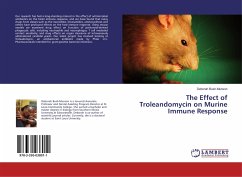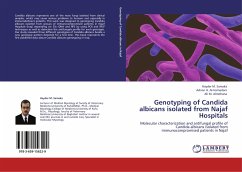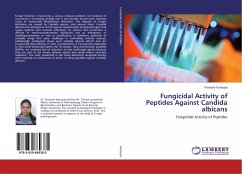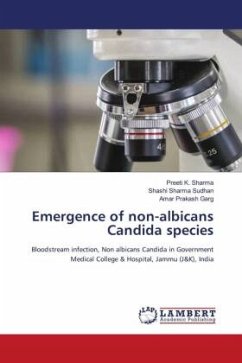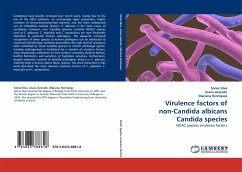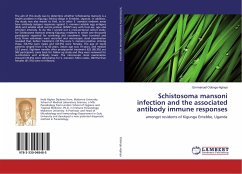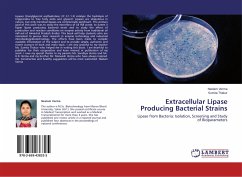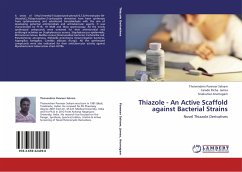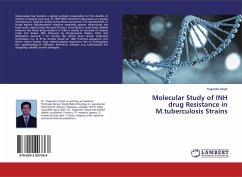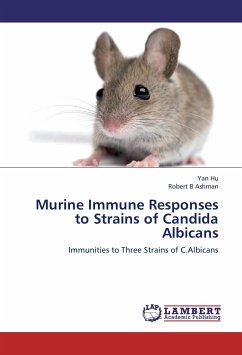
Murine Immune Responses to Strains of Candida Albicans
Immunities to Three Strains of C.Albicans
Versandkostenfrei!
Versandfertig in 6-10 Tagen
51,99 €
inkl. MwSt.

PAYBACK Punkte
26 °P sammeln!
Candida albicans is a commensal organism in humans, and an important opportunistic fungal pathogen. Candidiasis usually occurs in patients whose immune defenses have been compromised, but the host response in normal individuals is not well understood. Therefore, this study focused on an analysis of the following: 1. The effect of infection with different strains of C. albicans on the severity of oral and systemic candidiasis in resistant and susceptible strains of inbred mice; 2. A comparison of phagocytosis and killing of different strains of yeasts by neutrophils and macrophages from these m...
Candida albicans is a commensal organism in humans, and an important opportunistic fungal pathogen. Candidiasis usually occurs in patients whose immune defenses have been compromised, but the host response in normal individuals is not well understood. Therefore, this study focused on an analysis of the following: 1. The effect of infection with different strains of C. albicans on the severity of oral and systemic candidiasis in resistant and susceptible strains of inbred mice; 2. A comparison of phagocytosis and killing of different strains of yeasts by neutrophils and macrophages from these mice; 3.The ability of antibody to protect against infection, and the spectrum of antigenic determinants to which they respond; 4. The role of T-helper cytokines in candidiasis.



